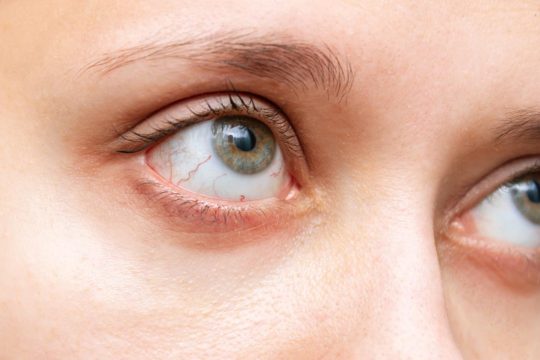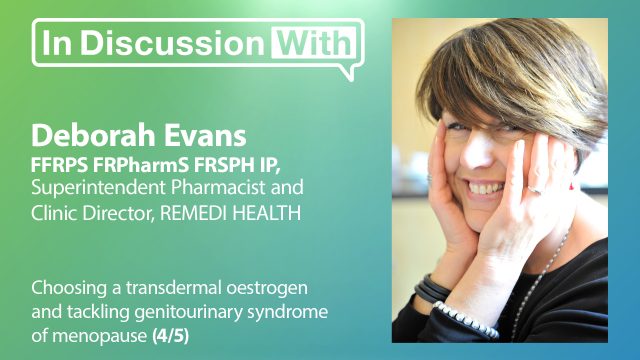Advertisment
World Health Matters: Denmark – Postpartum psychiatric disorders increase suicide risk

by Gary Finnegan: A new study shows that while suicide in new mothers is rare, the link with postpartum psychiatric disorders is strong.
Over a period spanning four decades, a total of eight Danish women committed suicide within a year of being diagnosed with a birth-related psychiatric disorder, including severe episodes of postpartum depression or psychosis.
Despite the modest number, statistical evidence of a causal link between postpartum disorder and suicide is extremely strong, highlighting the need for medical staff to be aware of the risk, according to the researchers who carried out the study.
The findings have been published in the American Journal of Psychiatry and are the result of an ambitious research project carried out by a team of epidemiologists at Aarhus BSS, Denmark, in cooperation with colleagues in the Netherlands and the United States.
The study demonstrates that overall, mothers with postpartum psychological disorders have a four times higher risk of death from natural or unnatural causes during the follow-up period, than mothers without postpartum disorders. At the same time, mothers with postpartum disorders face roughly the same mortality rates as mothers with psychological disorders unrelated to childbirth.
Crucially, however, even compared with that group, mothers with postpartum disorders are more likely to commit suicide during the first 12 months after giving birth. The high suicide risk among women with postpartum psychiatric disorders has been described before, but this study is the first to carry out a comprehensive comparison with other categories of women, enabling the researchers to focus on the exact causal link between birth and suicide risk.
“The suicide cases are very rare, but when they do happen, they are of course extremely tragic. And it’s not what people expect,” said Trine Munk-Olsen, a senior researcher at the Department of Economics at Aarhus BSS and one of the lead authors of the paper. “The general belief is that a new mother ought to be enjoying motherhood, but the reality isn’t always like that. We think it’s important that women with postpartum psychiatric disorders are properly diagnosed and get the treatment they need, which possibly can prevent suicide.”
The researchers used the data of a total of 1,545,857 Danish women, covering all or most of the period between 1970 and 2011. This would not have been possible without the existence of rich data sets maintained by various government agencies in Denmark. Only a small number of countries have data this deep and detailed, providing social scientists with a goldmine of information to test their hypotheses.
“These data offer us the option of following the mothers over the very long term, almost 40 years, which is extremely helpful in putting the statistics into perspective. We’ve been able to track all the women over the years, unless they emigrated. Denmark is unique in having psychiatric data reaching back so far,” said Munk-Olsen.





